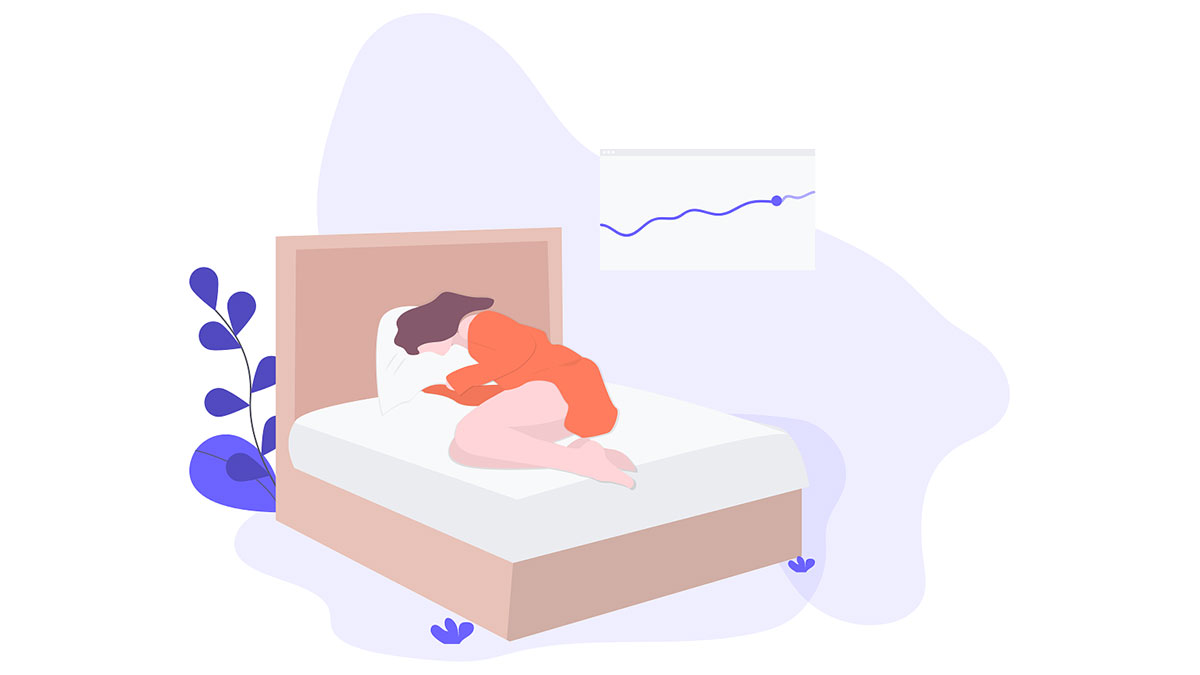Rotating shifts consist of alternating morning, evening, and night shifts in a single month. It can be hard to adjust to rotating shifts because schedule changes happen too quickly for the body to adapt appropriately. In these cases, it can be easier to work a fixed schedule, which means working only days, evenings, or nights. If you think a fixed work schedule would be better for your health, we talk about how to make the switch. But first, here are a few signs that you may need to consider working on a fixed schedule.
Signs Your Body Isn’t Adjusting Well to Rotating Shifts
Are you excessively tired when you’re supposed to be awake? Do you wake up feeling unrefreshed?
If so, it may be because your body isn’t adjusting to shift work, and you’ve developed Shift Work Disorder. According to the National Sleep Foundation, Shift Work Disorder comes with several unpleasant side effects, including:
- Insomnia
- Trouble falling asleep
- Waking up before you’ve slept enough to be appropriately rested
- Lack of energy
- Difficulty concentrating
- Depression
- Irritability
- Excessive sleepiness at times when you need to be awake
- Problems with personal relationships
Shift workers can also fall into the habit of microsleeping or involuntarily falling asleep for a few seconds at a time. They also often develop chronic sleep debts, which, over time, lead to serious health problems. If you’re suffering from some of these symptoms and you think rotating shifts may have caused them, you need to speak up because these issues put you and your patients at risk.
How to Move from a Rotating Shift to a Fixed Shift
I spoke to a few long-time nurses while doing researching for this post. I asked them how you would go about getting yourself off shift work. Here’s what they said.
- Talk to your supervisor
The consensus was that your first order of business should always be to speak to your supervisor about the issues you’re having with shift work. Focus on how it’s affecting your health and how such effects could ultimately put patients at risk. Employers invest a lot of money in training their nurses, so they’re usually willing to accommodate nurses who have legitimate needs for a fixed schedule. However, if your boss isn’t ready to work with you, then you may need to take additional action.
- Get a doctor’s note
You may need to support your case for a fixed schedule with a doctor’s note. However, proceed with caution. It’s the employer’s job to provide reasonable accommodations, and you want to give them room to do that. Your doctor’s note should only state when you were seen, the limitations you have as a result of shift work, and the expected duration of these limitations. Avoid painting yourself into a corner by presenting a doctor’s note that dictates the hours you can work. Instead, use a doctor’s note as a document to substantiate your claims when you’re talking to your supervisor about how shift work is affecting your health.
- See if you can find someone on your unit who wants to permanently pick up the shifts you want to drop
This option may feel like finding a needle in a haystack, but it’s not impossible. If you need to drop nights, see if someone on your unit wants to only work nights. Coverage is a balancing act. See if there’s a way to accommodate your preference by working with others on your unit.
- Transfer to a different unit
If you have a boss that isn’t helpful, even after you’ve obtained a doctor’s note, then you may need to consider transferring to a unit where you can work on a fixed schedule. Keep in mind the transfer process can take up to eight weeks. You’ll need to plan how to stay healthy and rested during that time.
- Consider working only nights
Many times those who struggle to adapt to shift work have a problem with the change from days to nights and nights back to days; this can sometimes be solved by working only nights. If you’re after a fixed day schedule this may not seem ideal but allowing your body to get used to one schedule, even when that schedule is nights, can solve many of the problems associated with shift work. Night shifts are usually easier to get because fewer people want them. They also come with a higher differential.
Prioritize Your Health
It can be challenging to feel like you can’t work a job you love if the only option is rotating schedules. But, don’t despair—there are other options, and they’re not impossible to achieve! If you feel like a fixed schedule would be better for your health, than you need to pursue that option.



